Lying is common in relationships and life, in general. We all lie. It’s a basic human trait. Even so, you could be wondering how to stop lying in a relationship? Well, there are certain ways. But before we get to that, let’s try to understand why people lie, signs of a lying problem, and what the effects of lying in a relationship are.
Does everyone lie in a relationship? Probably, yes. Research shows that couples lie to each other about 5 times a week. Let’s face it, we’ve all told white lies at some point in our lives to maintain peace and harmony in our relationships. None of us can claim to have been 100% truthful to our partners, no matter the reason. Having said that, you should know when and where to draw the line between harmless white lies and fabricated ones otherwise you’re in trouble, my friend.
We spoke to psychotherapist Gopa Khan (Masters in Counseling Psychology, M.Ed), who specializes in marriage & family counseling, about why people lie, what compulsive lying is, signs of dishonesty, and how to stop lying in a relationship. She also spoke about the consequences and effects of lying in a relationship and the role therapy can play in dealing with the problem.
Why Do People Lie In Relationships?
Table of Contents
Well, there are several reasons. Sometimes, people lie for no reason at all. At other times, they do it because it’s easier to lie and get away than to confront the truth. People also lie for their selfish interests or to control how others perceive them to be. Some prefer to hide the truth to avoid conflict.
Gopa weighs in, “People lie for various reasons. Usually, in relationships, the spouse may want to protect the person from getting hurt or they may want to avoid a serious argument. Some people lie to impress their partner or win their approval while others do so to avoid regular conflict and maintain peace in the relationship.”
No matter what the reason may be, one cannot deny the fact that lying destroys relationships. Trust is key to a strong relationship as well as a basic human need. When you lie in a relationship, you break the trust your partner has in you. It may seem like you’re protecting yourself, but the truth is you’re damaging your relationship with your partner, which is why you must figure out how to stop lying in a relationship.
If you’re still wondering if lying is bad in a relationship, allow us to burst the bubble. Yes, it is. The effects of lying in a relationship can be damaging. According to Gopa, “If the frequency and magnitude of your lies increase or your partner finds out that they are being lied to, then it can cause a lot of stress in a relationship. Your partner will become suspicious of everything you do. Physical and emotional intimacy in the relationship will decrease. Their behavior toward you will also undergo a massive change.”
So, exactly why do people lie in relationships? People also tend to lie to protect their self-esteem, avoid embarrassment, or out of fear of rejection or being judged for their choices. They may be scared to lose their partner or face the consequences of wrongful behavior. No matter how well-intentioned the lie was, it is bound to cause pain if your partner finds out about it. It may seem like a non-issue initially but, slowly and gradually, the lies become so big that they take a toll on your relationship.
Related Reading: What To Do When Someone Lies In A Relationship
How To Stop Lying In A Relationship – 8 Expert Tips
Lying is common in relationships but you need to understand why you lie and the type of lies you tell. You could also be dealing with the problem of compulsive lying. For the unaware, “Compulsive lying is an ingrained behavior. Someone suffering from it tends to lie at every step of the relationship even if it is not required. It becomes second nature to them.
“They go on to say the worst lies in a relationship thinking it’s no big deal. It usually starts at a young age and if there are no consequences, the person gets emboldened to continue the behavior further. They may also start living the lie as their reality,” explains Gopa.
Before figuring out how to stop compulsive lying in a relationship, you must first admit that you have a problem and recognize the signs of dishonesty in a relationship. These behavior patterns could work as indicators:
- You lie for no valid reason
- Your loved ones no longer trust you
- You create fake stories to hide the truth
- You try to justify your lie by convincing yourself that you did it for your partner’s good
- You have lost work opportunities, your loved ones, and relationships because of your lying problem
- When you find yourself in a spot, your first instinct is to lie
- Your lies are unplanned or impulsive
Lying is bad in a relationship but the good news is that it’s possible to overcome the problem. Yes, it will take time. It’s not an overnight change but it’s not impossible if you’re determined to discontinue such behavior. If you’re dealing with the ‘I lied and ruined my relationship’ situation and desperately want to fix the problem, these 8 tips on how to stop lying in a relationship may help:

1. Understand the triggers
This is one of the first steps toward figuring out how to stop lying in a relationship. Gopa explains, “Understanding what triggers you to lie is important. Then, you can come up with a plan to deal with each trigger. It can be frustrating initially because you will have to deal with the loss of trust and credibility but being open and honest with your partner will go a long way in mending the relationship. In addition, you should be open to apologizing to your partner for lying to them. Try being less defensive and more open to constructive feedback.”
When you find yourself lying, ask yourself whether you are doing it for your selfish interest, to make yourself feel better, or to protect your partner from getting hurt. Try to understand your feelings first because then, you’ll be able to recognize the emotions or situations that act as triggers for you to lie. Try to plan your responses before getting into situations where, you know, you’ll be put in a spot.
2. What kind of lies do you tell
Another tip on how to stop lying in a relationship is to understand and acknowledge the kind or type of lies you tell, recommends Gopa. She says, “Sometimes lying can become an ingrained habit. It can also be a small lie but one that is fed to the innocent party for years until it grows too big to deal with. For example, a client of mine called it quits with her roommate because the latter used to get sympathy from her by saying that a family member had cancer until she discovered it to be a complete lie.”
There are different kinds of lies people resort to in relationships – white lies, omission of facts, exaggeration, or a complete lie. Narrowing it down will help you better understand the reasons for lying. It is important to identify the problem before you can figure out how to deal with it.
Related Reading: 8 Sensible Ways To Deal With Rejection In Love
3. Set personal boundaries and stick to them
Gopa recommends, “Set personal boundaries for yourself, resolve to be as honest as you can be, and stick to reality. It is a habit so you will have to consciously and constantly think before replying and be open to correcting yourself if a lie pops out. Have the courage to be as close to the truth as you possibly can and should.”
It is hard to create boundaries for yourself, which is why you may feel the need to lie. But your relationship with yourself is most important. All that constant lying will eventually take a toll on you physically and emotionally. We understand it is hard to say no or face the consequences of messing up but the only way to get rid of the habit is to speak up for yourself and say what you feel, not what your partner wants to hear.
4. Think of the consequences
According to Gopa, an important piece of advice on how to stop lying in a relationship is to weigh the consequences of speaking the truth as well as telling a lie. What can the worst possible outcome be if you decide to speak the truth or what happens if you are caught lying in the relationship? Weigh the pros and cons.
Choose to face the problem head-on instead of lying to avoid its repercussions. There’s also a high possibility that the consequences are not as bad as you imagine them to be. On the other hand, the effects of lying in a relationship build up over time and can wreak havoc on your equation with your partner.
Gopa explains, “If you’re caught lying, your partner will not only stop trusting you but also show less sympathy toward you. They will look for proof, dig up information or speak to friends and family to ascertain whether you are speaking the truth. They will begin to distance themselves from you, share less information about themselves as well as their finances and family matters. This change in attitude will complicate the relationship and lead to fights and arguments.”
5. How to stop lying in a relationship? Try not to justify your lie
At times, people lie for no reason, but they still try to justify it by telling themselves that they did it to avoid hurting their partner. But the truth is lying causes damage not only to the relationship you share with your partner but also the relationship you share with yourself. White lies may seem harmless in relationships or social interactions but, if turned into a habit, can have lasting effects.
Acknowledge the problem but don’t try to justify it by saying that you were trying to avoid conflict or protect your partner from being hurt. Instead, why not find a way to achieve the same by telling your partner the truth? Don’t validate a lie because you’re scared to face the consequences of speaking the truth.

6. Talk to a professional
Still wondering how to stop lying in a relationship? Do you find it difficult to stop yourself from lying despite your best efforts? Well, if you’re still struggling, Gopa recommends consulting a therapist. If it has begun to negatively impact your relationship and life, it’s advisable to seek professional help and work on fixing the problem.
She says, “If a person is keen on being more open and honest, then it helps to speak to a therapist. Therapy offers an unconditional and non-judgmental environment for the affected party, where they can truly be themselves and receive acceptance from their therapist. This is a powerful act and gives the client a hint of what an honest relationship entails and how enriching it can be. Therapy will also help the person learn how to take action to avoid further damage to their present and future relationships.”
Therapy can help stop compulsive lying in a relationship. Even if you aren’t a compulsive liar, therapy can help you overcome the lying problem by offering support and helping you explore the root cause of such behavior. A therapist can help you find ways to cope and mend your relationships. If you’re stuck in a similar situation, you can always reach out to Bonobology’s panel of experienced and licensed therapists for help.
Related Reading: 12 Signs Of A Lying Spouse
7. Understand the reason behind the constant lying
Why are you lying? Are you trying to hide something? Are you scared to tell the truth? In order to figure out how to stop lying in a relationship, it is important to understand the reason behind the lies. If you think you’re doing something wrong, you will probably try to hide it by resorting to a lie. People also lie to manipulate others for their selfish motives, personal gain, or if they are uncomfortable sharing personal information about themselves.
It is difficult to control compulsive lying because such people tend to believe their lies. On a less serious note, you probably lied to your partner about meeting your ex just to avoid a fight or, maybe, you exaggerated about your professional achievements because you feel you’re not as successful as your partner, and they may judge or mock you for that. It is also an indicator of the kind of relationship you are in. Partners tend to lie to protect themselves if they’re in an abusive relationship. You need to identify the reason behind the problem to fix it.
8. Practice telling the truth one day at a time
This is one of the most important things to keep in mind if you’re trying to figure out how to stop lying in a relationship. Changing a habit is difficult, which is why Gopa recommends taking it one day at a time. She says, “Practice telling the truth one day at a time. Don’t be too hard on yourself. Promise that you will be more open and honest with yourself and your loved ones. It will help you feel less ashamed of yourself and make better life choices.”
Telling the truth might seem like an extremely difficult thing to do but the fact that you recognize the damage it is causing to you and your relationship is one step forward in the right direction. Lying is bad in a relationship. It only causes harm to both parties involved. The fact that you realize that you need to stop compulsive lying in a relationship is half the battle won.
Relationships are built on love, respect, and trust. Try to put yourself in your partner’s shoes. How would you feel if you’re constantly lied to? It’s not a nice feeling, is it? Think about it for a moment and make the conscious choice to stick to the truth. It’s going to take a lot of effort but if you truly want to change your habit, stay put and don’t let anything pull you down.
Remember to be kind to yourself. Rome was not built in a day. Similarly, change will not happen overnight. You’ll have to constantly work on yourself and find alternatives to lying. Know that it is possible to break and fix toxic patterns in a relationship. It won’t be easy but stay true to yourself and your goal and it’ll all be worth it in the end.
FAQs
Yes. Lying is quite normal and common in relationships. At times, it may even be important to lie to avoid hurting your partner. But that doesn’t mean it isn’t damaging to a relationship. It all depends on the kind of lie you say and why you say it.
Calm yourself first. Talk to your partner about it. Listen to the explanation and try to understand their point of view. Let them know you were hurt and that will not tolerate being lied to in the future.
Your contribution does not constitute a charitable donation. It will allow Bonobology to continue bringing you new and up-to-date information in our pursuit of helping anyone in the world to learn how to do anything.



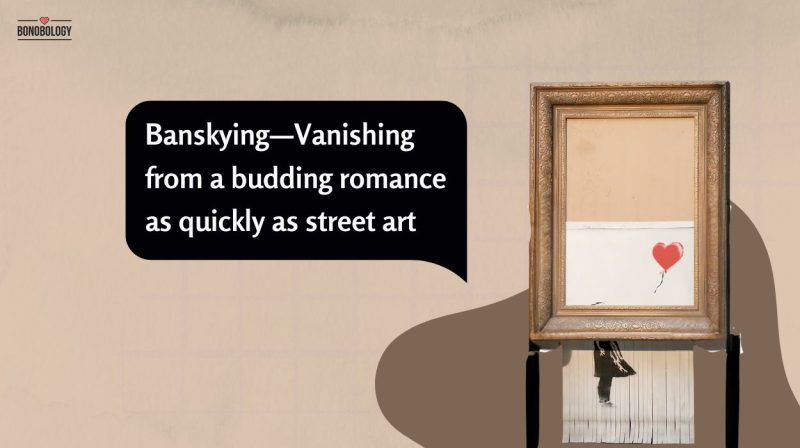
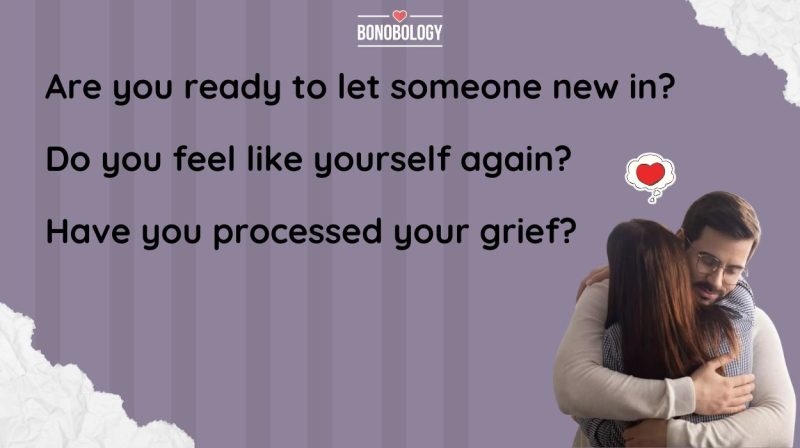
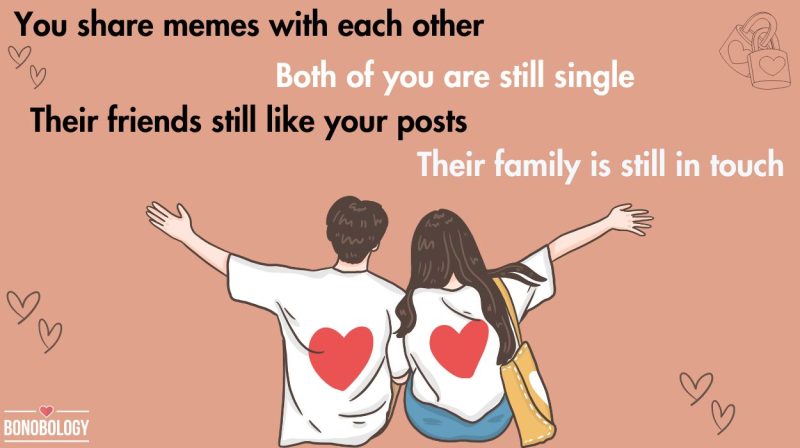














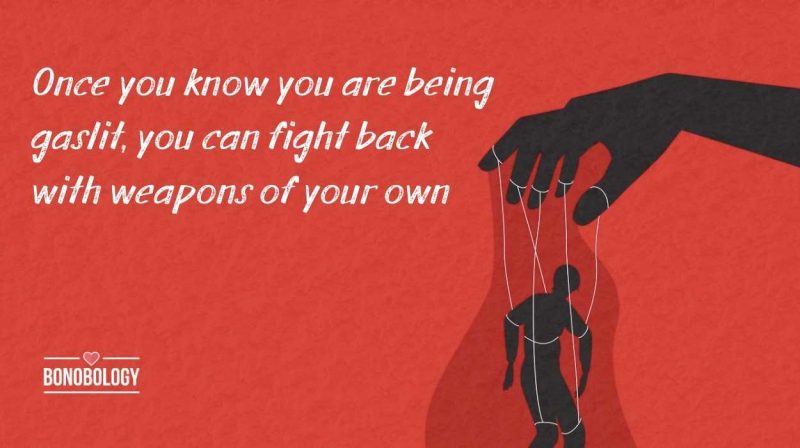
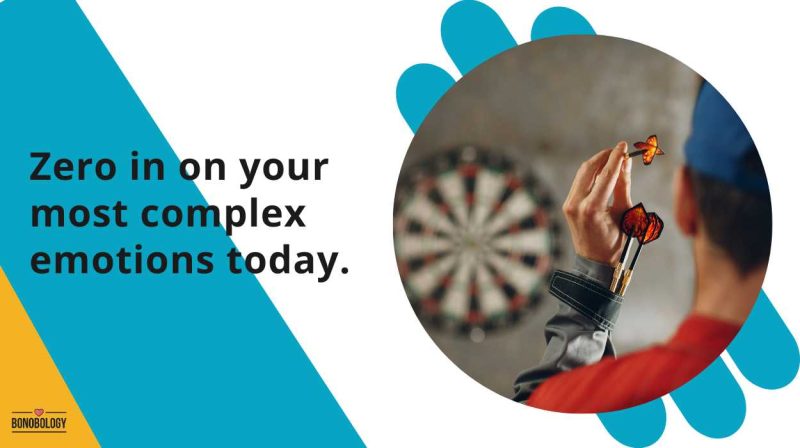

Featured
Banksying In Dating: What It Means and How to Recognize It
Am I Moving On Too Quickly After Death Of Spouse—How To Decide
15 Signs You’ll Get Back Together With Your Ex
How To Get Over Trust Issues — A Therapist Shares 9 Tips
Learn How To Forgive Yourself For Hurting Someone You Love
How To Find Peace After Being Cheated On — 9 Tips From A Therapist
How To Deal With A Cheating Husband
35 Disturbing Signs Of Gaslighting In A Relationship
What Is Narcissistic Ghosting And How To Respond To It
‘My Husband Starts Fights And Then Blames Me’: Ways To Cope
How To Rebuild Your Life After The Death Of A Spouse: 11 Expert-Backed Tips
My Husband Died And I Want Him Back: Coping With Grief
“Am I Unlovable” – 9 Reasons You Feel This Way
11 Signs Your Girlfriend Was Sexually Abused In The Past And How To Help Her
Coping With Breakups: The Must-Have Breakup Apps For Your Phone
15 Signs You Are Wasting Your Time Trying To Get Your Ex Back
Why Are You Obsessed With Someone You Barely Know — 10 Possible Reasons
33 Phrases To Shut Down Gaslighting And Silence Gaslighters
The Emotion Wheel: What It Is And How To Use It To Build Better Relationships
The Role Of Supportive Relationships In Addiction Recovery